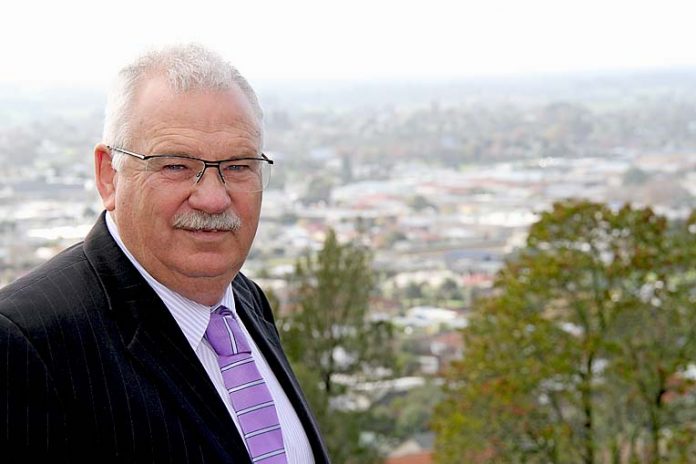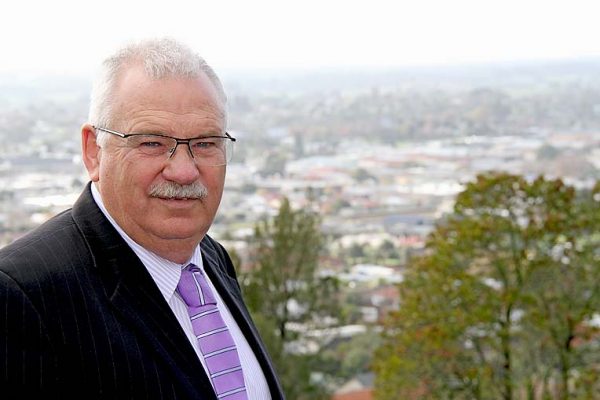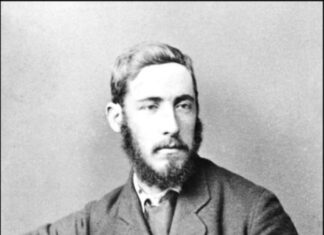

FORCED council amalgamations and a total overhaul of local government should be a priority focus of a state-based productivity commission, according to an Upper House MP.
SA-Best MLC Frank Pangallo said the first item of business after the establishment of the South Australian Productivity Commission should be to restructure governance within councils to deliver efficiencies.
The newly-elected MP flagged a number of potential changes within local government, including compulsory voting, requiring candidates to declare political affiliations and reducing the number of councils in the state.
“There are 68 councils in South Australia and that is far too many,” he said.
“There probably needs to be another look at amalgamation, but this is what a Productivity Commission can actually do.
“It can take evidence, people can come forward and present what they think should be done.
“You will be able to canvas local government itself, you will be able to get input from the community and how they see local government should be run.”
Mr Pangallo’s views on council mergers polarised the regions mayors, with Grant District Mayor Richard Sage saying any decision should be made by ratepayers as opposed to “a parliamentarian who wants their five minutes of fame”.
However, Wattle Range Mayor Peter Gandolfi said it was logical for some councils to merge due to size.
The outgoing mayor would not be drawn on naming specific councils, instead staying it was a matter for communities to decide.
Mr Pangallo supported compulsory voting in council elections, saying it was not acceptable councillors could be elected with a small number of votes.
He said candidates should also be required to publicly declare political allegiances and membership to parties in the interest of full disclosure to the community.
While Mr Gandolfi said compulsory voting would ensure councils were more representative of the community, Mr Sage said he was unable to justify forced voting in regional areas.
“If you look at regional South Australia, our voter turnout has been up around the 45-50pc mark,” Mr Sage said.
“You are really going to make council elections political if you make it compulsory voting.”



![[READER COMPETITION] – Win OUTBACK COMEDY Tickets at Robe or Mt Gambier](https://borderwatch.com.au/wp-content/uploads/2026/01/outback-comedy-100x70.png)

